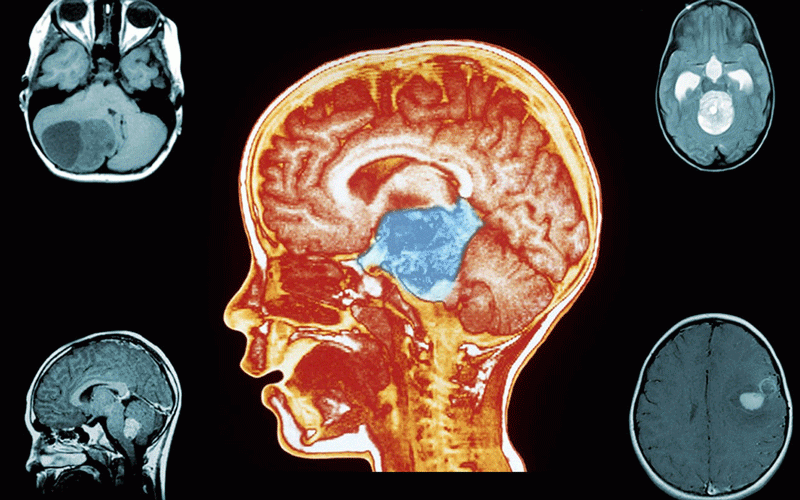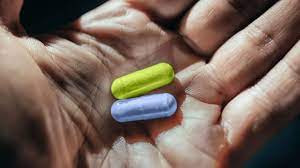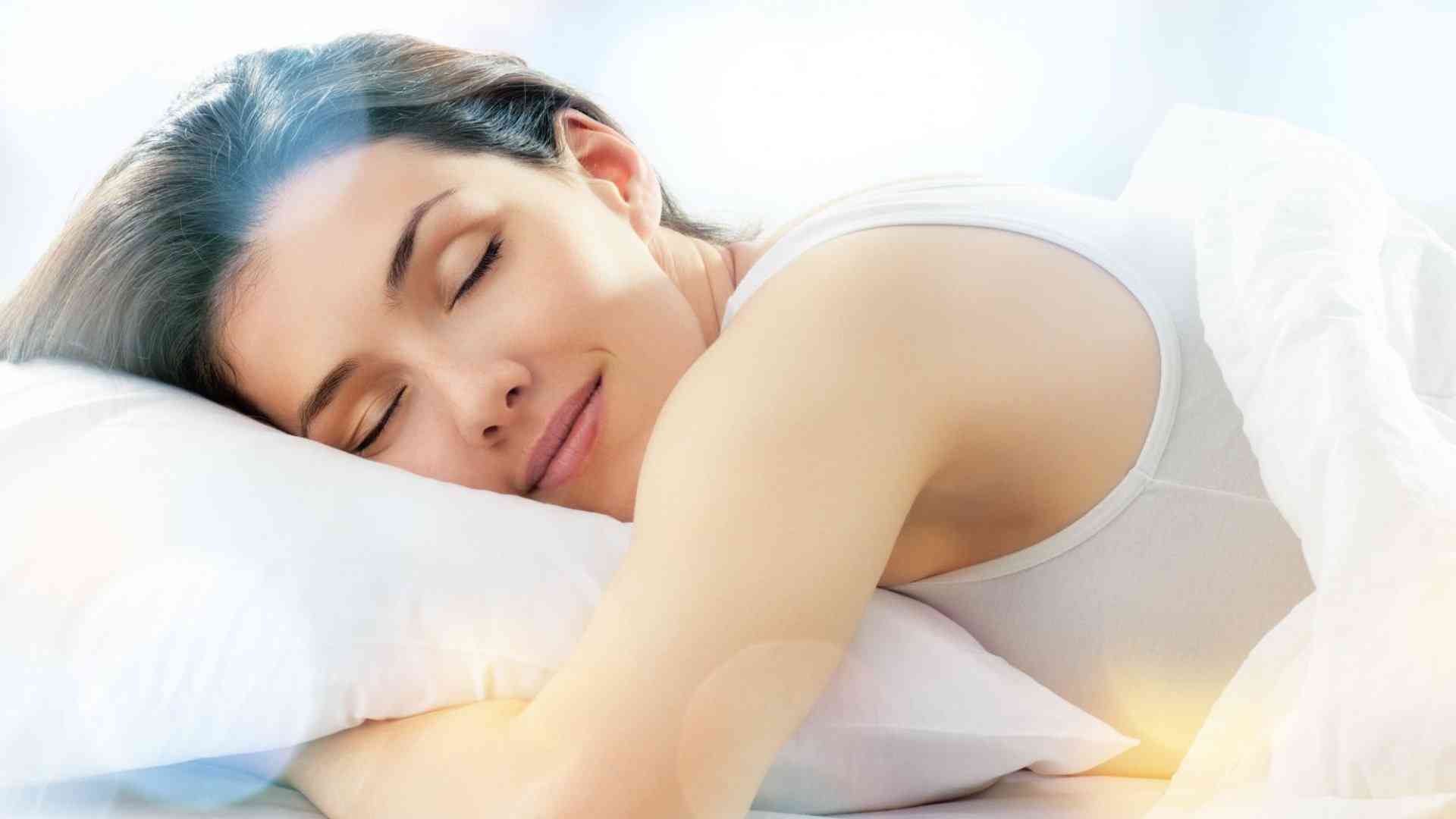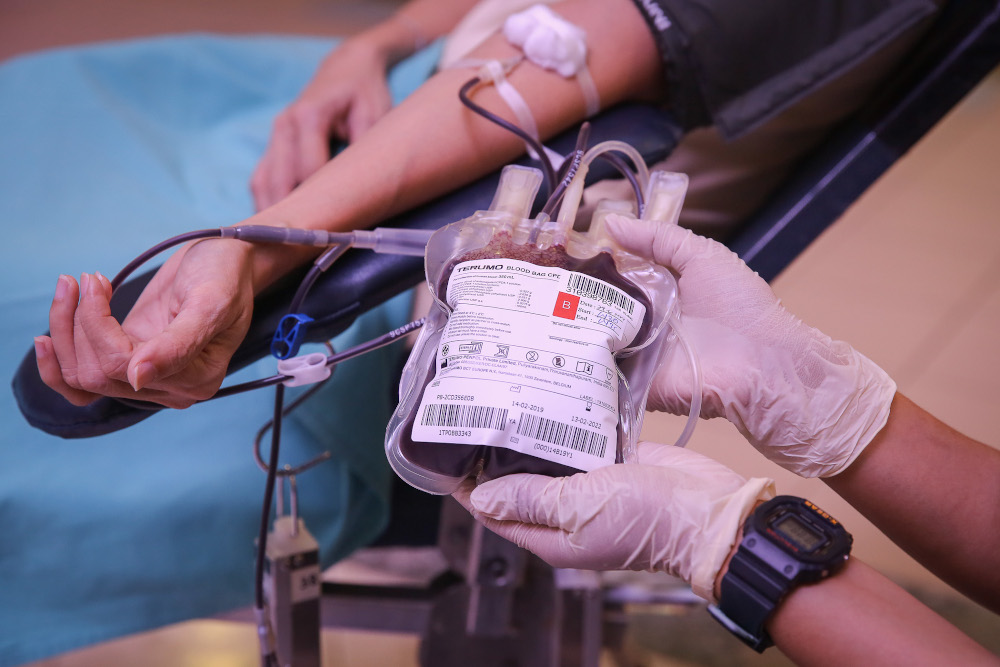Tourette Syndrome (TS) is a nervous system disorder characterised by tics, involuntary twitches, movements or noises that a person repeats over and over again that are difficult or impossible to control.
People with tics are unable to stop themselves doing these things.
A person could, for example, keep blinking over and over again or might grunt unintentionally.
Coprolalia is the medical name for an uncontrollable eruption of obscene words or socially unacceptable and insulting statements, which is one of the most perplexing and socially stigmatising symptoms of Tourette Syndrome.
Swearing, however, is rare and only affects about one in 10 people with Tourette Syndrome.
Having tics is similar to having hiccups. Even if you don’t want to hiccup, your body keeps on doing so.
People can sometimes stop themselves from a particular tic for a short period of time but it is difficult.
At some point it is likely to occur again.
- Chamisa under fire over US$120K donation
- Mavhunga puts DeMbare into Chibuku quarterfinals
- Pension funds bet on Cabora Bassa oilfields
- Councils defy govt fire tender directive
Keep Reading
Tics usually appear between the ages of two and 15, with the average age being about six.
They usually diminish or disappear during adolescence.
Tourette Syndrome is more common in males than females.
There is no cure for TS. However, there are treatments available. If symptoms are not bothersome, treatment may be unnecessary.
Symptoms Tics are divided into two categories: motor and verbal.
Body movements are known as motor tics. Blinking, shrugging shoulders and jerking your head or an arm are examples of motor tics.
The repeated sounds a person creates with his or her voice are known as vocal tics.
Humming, clearing one’s throat or screaming a word or phrase are examples of vocal tics.
The tics can either be simple or complicated. Simple tics involve just a few body components. Squinting the eyes or sniffing are examples of basic tics.
Complex tics are characterised by the involvement of several bodily parts and the presence of a pattern.
Bobbing the head while jerking one arm and then springing up is an example of a complicated tic.
Motor movements that result in self-harm, such as hitting yourself in the face, or vocal tics such as echolalia, a meaningless repetition of words, or cursing, are some of the most dramatic and debilitating tics.
A premonitory urge, a desire or feeling in the afflicted muscle region, may precede some tics.
To relieve or reduce this urge, some people with TS say they need to perform a tic in a specific way or a given number of times.
Motor tics in the head and neck area are frequently the first symptoms.
Tics are generally worsened by stressful or stimulating situations.
When a person is calm or concentrating on a task, the condition tends to improve.
The sort of tics a person possesses and how frequently they occur fluctuate dramatically throughout life.
The illness is deemed chronic despite the fact that symptoms may develop, vanish and reappear.
Causes The causes of TS have yet to be discovered. The condition tends to run in families, suggesting that genetics may play a role. Neurotransmitters such as dopamine and serotonin, which convey nerve signals in the brain, may play a role.
Environmental, developmental or other causes may contribute to the disorder. However, no single agent or event has been discovered. Researchers are still looking at the role genes and other variables may play in the development of tics.
Risk factors Family history is one of the risk factors for TS. A family history of TS or other tic disorders may increase the likelihood of acquiring Tourette Syndrome. Males are three to four times more likely than females to develop TS
Diagnosis If you or your child is experiencing symptoms of Tourette’s Syndrome, your doctor may recommend that you consult a neurologist, a specialist in nervous system problems.
There is no one test for TS. To diagnose TS and other tic disorders, doctors look at the person’s symptoms. Tests and scans, such as an MRI scan, may be used to rule out other conditions. Tic disorders range in terms of the kind of tic present (motor, verbal, or a combination of both) and the length of time the symptoms have been present.
A person who has had both motor and verbal tics for at least a year may have TS.
Obtaining a definitive diagnosis can assist you and others in better understanding your illness, as well as provide you with the appropriate therapy and support.
Treatment There is no cure for TS.
However, there are therapies and treatments that can help you control your tics.
Many people with TS have minor tics that do not interfere with their everyday lives and hence do not require therapy.
If tics are causing you pain or injury, interfering with your education, job or social life, or causing stress, there are pharmaceutical and behavioural therapies available.
Your doctor may prescribe drugs to help control or stop tics, if they become a major problem.
It may take some time to discover the optimum dose that helps reduce tics while avoiding side effects, so be patient while you and your doctor figure it out.
You might wish to investigate talking therapy in addition to drugs.
A psychologist or counsellor can assist you in learning to cope with the social problems that your tics and other symptoms may cause you.
Behavioural treatment may also be beneficial.
Two types of behavioural therapy have been shown to reduce tics, namely habit reversal training and exposure with response prevention (ERP).
Habit-reversal training trains you how to notice when a tic is coming on and then move in a way that prevents it.
Exposure with response prevention (ERP) teaches you how to better manage your impulse to tic by using ways to recreate the urge to tic in order to teach you how to bear the feeling until the urge passes.
- The information in this article is provided as a public service by the Cimas iGo Wellness programme, which is designed to promote good health. It is provided for general information only and should not be construed as medical advice. Readers should consult their doctor or clinic on any matter related to their health or the treatment of any health problem. — [email protected] or WhatsApp 0772 161 829 or phone 024-2773 0663











